2024 Cohort
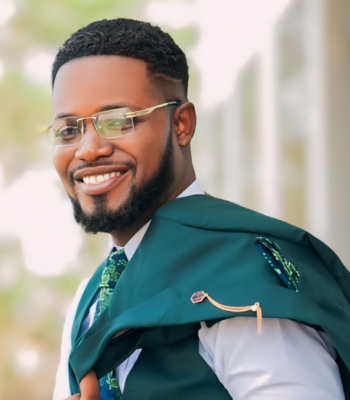 Emmanuel Dwamena (he/him/his)
Emmanuel Dwamena (he/him/his)
Emmanuel is a doctoral student at the University of Connecticut, specializing in Curriculum and Instruction with a concentration in Science Education. As a first-generation student from rural Ghana, his experiences shape a unique and valuable perspective on STEM education. With a background in teaching science at the middle and high school levels, as well as at the University of Education, Winneba—where he earned both his bachelor’s and master’s degrees—Emmanuel has consistently been at the forefront of efforts to improve science education in underserved areas.
Emmanuel’s current research delves into enhancing rural STEM education through the lens of equity pedagogies, power dynamics, and the transformative potential of artificial intelligence. By focusing on systemic disparities in education, he aims to create inclusive, equity-driven approaches that empower both students and educators in rural settings. His work not only addresses existing gaps in STEM education but also seeks to redefine how technological advancements like AI can be leveraged to bring about meaningful change in marginalized communities. Driven by his own experiences as a student in rural Ghana, Emmanuel is deeply committed to reshaping rural STEM education to be more equitable, inclusive, and impactful. His research holds the potential to transform educational practices, empower underserved communities, and contribute to the global conversation on education and social justice.
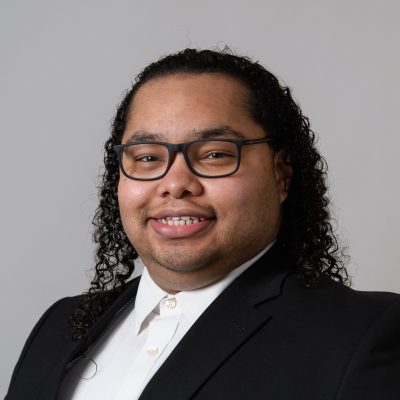
Marcus Harris
Marcus Harris is a third-year Ph.D. student in the University of Connecticut's Research Methods, Measurement, and Evaluation program. After completing a Master’s of Public Policy and a Master’s of Educational Policy at Arizona State University he decided to explore his passion for methodological innovation and data-driven research. His research interests include DSEM (latent multilevel time series); data science; psychometrics/measurement modeling (MLM, SEM, IRT, Time Series); methodology (meta-research); and simulations.
Marcus has conducted research that compared data science methodologies to traditional education and psychological approaches using simulations. Currently, his focus is on Dynamic Structural Equation Models (DSEM), which is a combination of latent variable models, multilevel methods, and intensive time series analysis. He is keen on utilizing data science techniques to explore causal relationships using DSEM models. He is fortunate to be mentored by Dr. Betsy McCoach, and their work often involves simulating a priori models, similar to "experimental mathematics" (Ripley, 2009).
Marcus' long-term aspiration is to become a research professor at an R1 university. He aims to contribute to the full cycle of methodological development, from theory to (software) application. His work lies at the intersections of psychometrics, data science, and public policy, where he seeks to create, evaluate, and propagate cutting-edge research and statistical methods. He looks forward to connecting and collaborating with fellow students who share these interests.
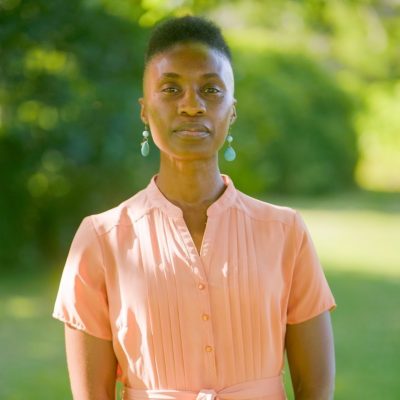 Truth Hunter
Truth Hunter
Truth Hunter is a doctoral student in the Department of Educational Leadership at the University of Connecticut with a concentration in higher education racial justice and decolonization. Her research focuses on decoloniality, decolonial autoethnography, equitable classroom practices for higher education faculty, intergroup dialogue, and embodied pedagogy through African and African Diaspora dance forms in higher education. Additionally, Truth has 15 years of practitioner-based experience in college access; student affairs; and diversity, equity, and inclusion.
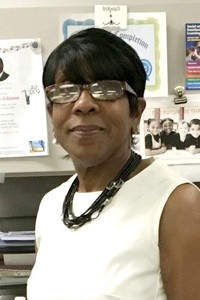 Sherlye M. Jackson
Sherlye M. Jackson
Sherlye is a third-year Ph.D. student in the area of special education. She is certified in Advanced Educational Leadership, Birth to Three, Elementary and Special Education. Sherlye has a background in educational leadership. She has served as a Secondary Principal and Director of Special Education for a large urban district. As Director she was also responsible for the development of a continuum of services for her district’s 18-22 Transitional Program. Sherlye has been awarded a UConn Fellowship in the Connecticut Leadership Education in Neurodevelopmental and Related Disabilities (CT LEND) program. She is currently completing the UConn's Program Evaluation Certificate and has completed the UConn Certificate for Transition to Adulthood. She has earned national transition certification from the Counsel for Exceptional Children (CEC), Division of Career Development and Transition (DCDT). Sherlye has presented at Council for Exceptional Children-DCDT Conference on how to develop a district-based transition program and has co-authored chapters on transition education. Her current research areas of focus are on transition education for justice involved youth, program evaluation and post-secondary education for individuals with disabilities.
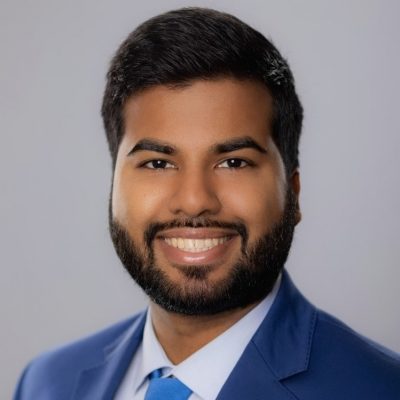 Joshua Sukumar
Joshua Sukumar
Josh is a third-year Ph.D. student in the Research Methods, Measurement, and Evaluation program at the University of Connecticut, and is originally from Atlanta, GA. Prior to beginning his Ph.D., he earned a BS in Chemistry and an MS in Applied Statistics from Kennesaw State University and served as an instructor in their School of Data Science and Analytics. At UConn, he is a member of the Methods for Unstructured and Difficult to Use Data (MUDD) Lab, where his research, under the direction of Dr. Zachary Collier, focuses on using data science at the applied and methodological level to advance analytical methods for social science data. During the summer of 2024, Josh was a data science intern for NASA at the Goddard Space Flight Center.
2022 Cohort
Ayaa Elgoharry
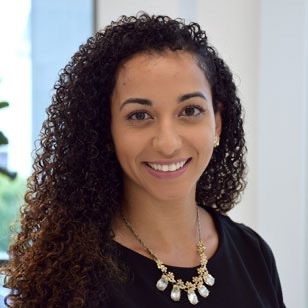 Ayaa Elgoharry
Ayaa Elgoharry
Ayaa earned her B.A. from the University of Connecticut as a double major in English, and Human Development and Family Studies. She also earned an M.S. degree in Educational Leadership from the University of Rochester. During her graduate journey, she worked with Refugee and Asylum Students, International Students, Greek and Residential Life, Athletics, Multicultural Student Affairs, and Academic Advising for Undergraduate STEM Majors. Prior to pursuing her Ph.D., Ayaa worked as an academic advisor for graduate/undergraduate Computer Science and Data Science students at Indiana University. She was nominated to serve on the campus-wide Indiana University Staff Council, where she worked with a team to implement effective policies and practices to support staff and faculty members on campus. Ayaa’s research interests include collegiate and professional athletics, higher education, and social justice.
Yasmin Elgoharry
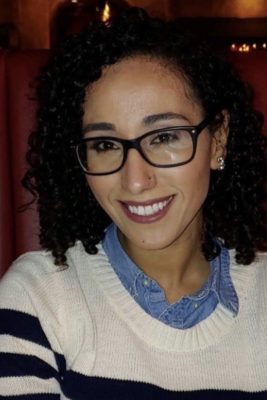 Yasmin Elgoharry
Yasmin Elgoharry
Born and raised in Alexandria, Egypt, Yasmin grew up on the East Coast. Yasmin is a first-generation scholar, who graduated from Central Connecticut State University with a B.A. in Communication and Journalism. Yasmin has also earned an M.S. degree in Educational Leadership from the University of Rochester. During her graduate journey, Yasmin worked with TRIO programs, Undergraduate and Business Graduate Admissions, Greek and Residential Life, Multicultural Student Affairs, and directly with international students. Prior to pursuing her Ph.D. at UConn, Yasmin worked at Indiana University-Bloomington (IU) as a full-time Career Coach, Adjunct Faculty, and a Faculty Advisor for the National Association of Black Journalists IU chapter. During her time at IU, she served on the campus-wide DEI Career Services committee, and as the Co-chair for the Hire Big10+ Consortium Leadership & Development Knowledge Community. Yasmin is committed to initiatives that focus on equity, inclusion, and social justice throughout college and the local community. Yasmin’s research interests include but are not limited to international comparative education; (anti)blackness in contemporary North Africa; de/anti/postcolonial theories in education; academic freedoms and censorship.
Jaime Morales
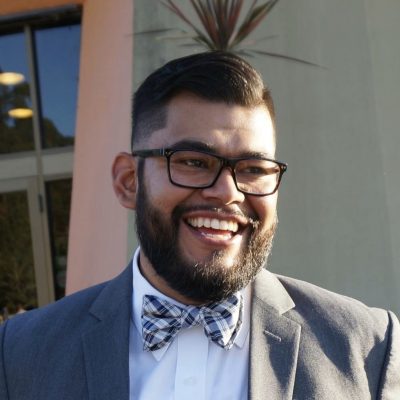 Jaime Morales
Jaime Morales
Jaime (pronounced Hi-meh) Morales is a doctoral student at the University of Connecticut specializing in sport management. His research interests are in Latinidades and sports with a particular interest in bicultural Latina/e/o/x sporting identities and critically examining sports-based youth development initiatives within Latina/e/o/x communities. Jaime earned two master's degrees at the University of Tennessee Knoxville, and an undergraduate degree at the University of Colorado Boulder. Jaime is a proud son of a Tejana migrant farmworker and a Mexicano inmigrante.
Daisy Torres
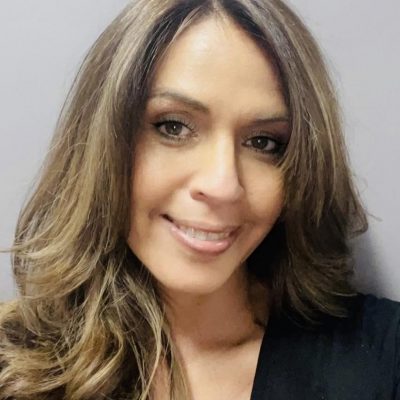 Daisy Torres
Daisy Torres
Daisy Torres is currently the Director of Services for Multilingual Learners, Dual, and World Languages for Hartford Public Schools and overseas programming and services in one of the largest school districts in Connecticut. Under the leadership of Ms. Torres and her team, over 400 students in Hartford have been awarded the Seal of Biliteracy. She is also leading efforts in the recruitment and retention of 14 teachers from Puerto Rico as part of an innovative Paso a Paso program to diversify talent. She is a Bilingual (English & Spanish) educator with over 20 years of urban school experience at the elementary, middle, and high school levels. Prior to Hartford, Ms. Torres was the Director of Bilingual, ESOL, World Language & Parent Engagement for New London Public Schools where she created New London’s first-ever Parent University, launched Latinos in Action, a college and career readiness program for middle school students, and lead program development and design for the district’s magnet Dual Language and International Studies K-12 pathway.
In December 2019, Ms. Torres published her first bilingual (Spanish & English) children's book with 1010 publishing entitled "I'll See You On The Bridge," a heartfelt story about a young boy, the beautiful relationship with his dog, and pet loss. Ms. Torres was awarded the Outstanding Educator Leadership Award with the Connecticut Association of Latino Administrators and Superintendents (CALAS) in 2018 and was the 2022 Curriculum Associates/ALAS $10,000 scholarship recipient that will be used to complete her doctoral studies. From Southern Connecticut State University she has earned her Master of Arts Degree in TESOL/Multicultural and Bilingual Education, her Bachelor of Science Degree in Elementary Education and her Bachelor of Arts Degree in Spanish. She earned a Sixth Year Professional Diploma in Educational Leadership and is currently pursuing her Doctorate of Education at the University of Connecticut with a focus on the lack of Latino/a/x women in executive leadership roles in K-12 education.
2021 Cohort
Anamaria Arteaga
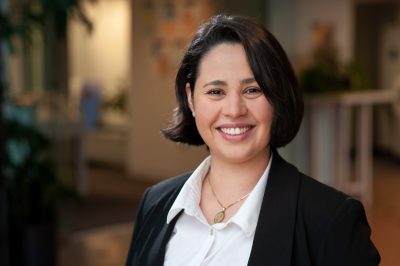 Anamaria Arteaga
Anamaria Arteaga
Anamaria is currently pursuing a Ph.D. in Educational Psychology with a specialization in School Psychology at the University of Connecticut under the advising and mentorship of Dr. Lisa Sanetti. Originally from Rhode Island, she grew up in a bilingual home. Her parents, originally from Colombia, South America, spoke both Spanish and English at home and emphasized the importance of maintaining her heritage language and culture throughout her life since she was young. In addition to her coursework, she is pursuing a graduate certificate in educating bilingual learners so that she can assist educators with knowledge in consultation to best support multilingual students. She is currently a graduate assistant with Community Outreach. She primarily works with first and second-year students in the Human Rights and Action Learning Community as the service-learning course instructor. Before enrolling at UConn, she worked in the field of applied behavior analysis (ABA) as a board-certified behavior analyst (BCBA), providing services to children diagnosed with autism spectrum disorder (ASD) and other related disabilities. Currently, she is gaining experience as a practicum student in an alternative high school setting for students with varying special needs. In addition to her broad research interests in implementation science, applied behavior analysis, and consultation, she is specifically interested in researching best practices in supporting the implementation of social, emotional, and behavioral interventions by instructional assistants in alternative high school programs across the school and community settings.
Dominique Battle-Lawson
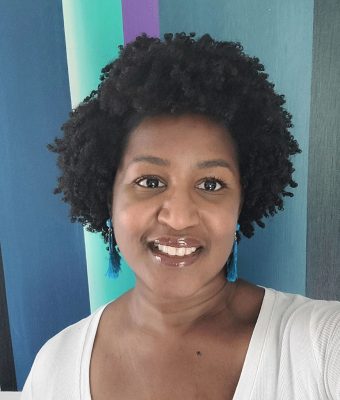
Dominique Battle-Lawson
Hometown:
Washington, D.C., raised in Silver Spring, Maryland
Which academic program are you in?
Ph.D. in Reading Education
Why did you seek to join the Holmes Program at UConn’s Neag School?
Where were you previous to joining the program?
What do you hope to learn/gain through your experience in the Holmes Program?
Kenya M. Overton
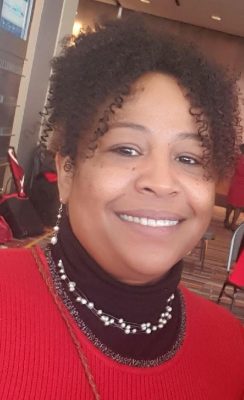
Kenya M. Overton
Kenya Overton is a current doctoral candidate in the Neag School of Education at the University of Connecticut. Having earned her BA and MS in Mathematics from Westfield State College and the University of Mississippi respectively, and 6th Year in Ed Leadership from UConn, Kenya is passionate about ensuring that racialized groups have access to a high-quality mathematics education. Prior to pursuing her Ph.D. in Secondary Mathematics Education, Kenya devoted nearly 20 years in public education as an administrator, teacher, and mentor in schools across the country, including states like; Connecticut, Tennessee, New York, and Massachusetts. She has also taught mathematics at the Community College and University levels. Her research interests include: organizational structures, policies, and practices in secondary schools that promote Black math success, developing equity-minded math educators, and empowering students in math through Hip-Hop pedagogy.
Clarisa Rodrigues
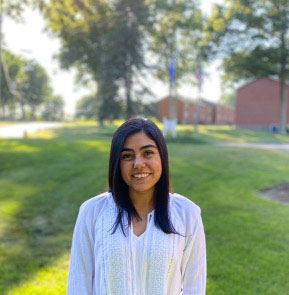
Clarisa Rodrigues
Hometown:
Monroe, Connecticut
Which academic program are you in?
Educational Psychology, Special Education doctoral program
Why did you seek to join the Holmes Program at UConn’s Neag School?
Where were you previous to joining the program?
What do you hope to learn/gain through your experience in the Holmes Program?
Sandra Silva-Enos
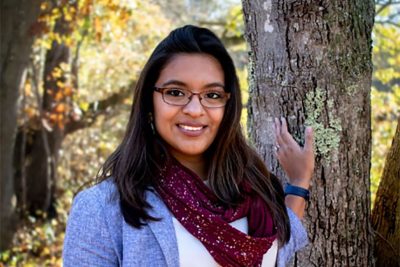 Sandra Silva-Enos
Sandra Silva-Enos
Hometown:
I was born in Lima, Peru, but grew up in both New London, Connecticut, and Waterford, Connecticut.
Which academic program are you in?
I am currently in EDCI [the Department of Curriculum and Instruction] focusing on Bilingual and Bicultural education.
Why did you seek to join the Holmes Program at UConn’s Neag School?
I sought to join the Holmes program because I believe in the power of mentorship and peer support. I think there is something so powerful in community support and mentorship, and as a student of color it is not always easy to find that community in the higher education world. The Holmes Program makes that world more of a reality.
Where were you previous to joining the program?
Prior to joining the program, I was working on a research project focused on sociocultural competence in the dual language classroom. I was and am working with a fabulous research team who are dedicated to the importance of critical consciousness and equity for our linguistically and culturally diverse students.
What do you hope to learn/gain through your experience in the Holmes Program?
Through this experience I hope to gain a network of support and be able to provide support, mentorship, and encouragement to others. I hope to fuel and continue my strength, motivation and determination through interactions with mentors, who look like me and have similar life experiences, who have found their place in the world of academia.
